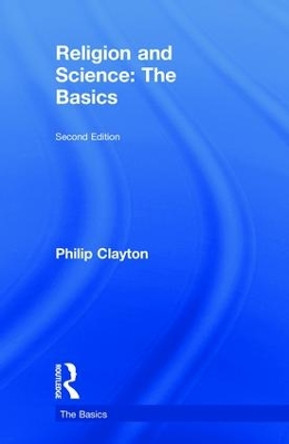Much of the modern period was dominated by a `reductionist' theory of science. On this view, to explain any event in the world is to reduce it down to fundamental particles, laws, and forces. In recent years reductionism has been dramatically challenged by a radically new paradigm called `emergence'. According to this new theory, natural history reveals the continuous emergence of novel phenomena: new structures and new organisms with new causal powers. Consciousness is yet one more emergent level in the natural hierarchy. Many theologians and religious scholars believe that this new paradigm may offer new insights into the nature of God and God's relation to the world. This volume introduces readers to emergence theory, outlines the major arguments in its defence, and summarizes the most powerful objections against it. Written by experts but suitable as an introductory text, these essays provide the best available presentation of this exciting new field and its potentially momentous implications.
About the AuthorPhilip Clayton is Ingraham Professor, Claremont School of Theology; Professor of Philosophy and Religion, Claremont Graduate University. Paul Davies is Professor of Natural Philosophy, Macquarie University, Sydney.
ReviewsThe book edited by Clayton and Davies gathers fourteen contributions of great scientific and philosophical quality, signed by the best scholars working in that field. * Lluis Oviedo, European Society for the Study of Science and Theology (ESSAT) *
Offers an excellent introduction to the diverse perspectives on this subject. * Faith and Theology *
The book is uniformly well-written; each individual chapter is well-organized and easy to follow. * Journal of Consciousness Studies *
Book InformationISBN 9780199287147
Author Philip ClaytonFormat Hardback
Page Count 344
Imprint Oxford University PressPublisher Oxford University Press
Weight(grams) 693g
Dimensions(mm) 242mm * 163mm * 25mm





